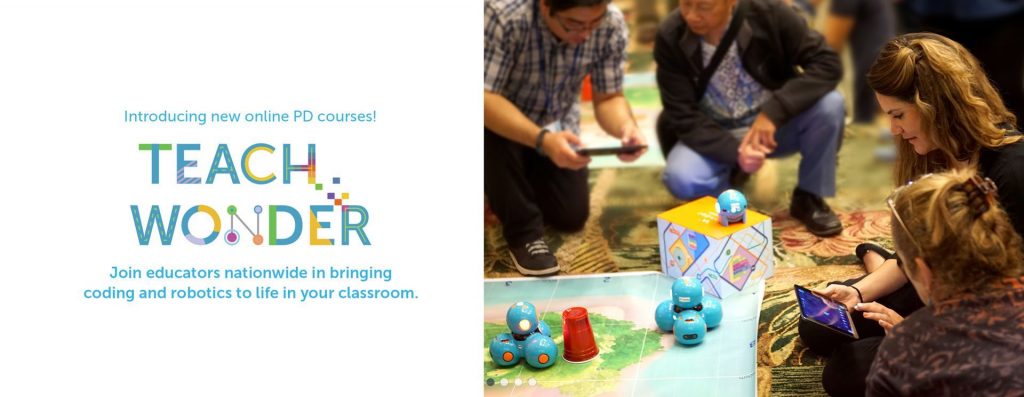 VSTE partners with Big Deal Media to bring you carefully curated resources designed for K-12 educators. Grants, competitions, web-based and mobile resources and more. We select our favorites from each newsletter but be sure to scroll down and view the whole newsletter. And, since not all the Big Deal Book resources are time sensitive, we provide an archive for you to browse.
VSTE partners with Big Deal Media to bring you carefully curated resources designed for K-12 educators. Grants, competitions, web-based and mobile resources and more. We select our favorites from each newsletter but be sure to scroll down and view the whole newsletter. And, since not all the Big Deal Book resources are time sensitive, we provide an archive for you to browse.
This newsletter will help you Model Civic Discourse, Engage ELLs in STEM, Explore Color and Sound & More
Game Introducing the Political Redistricting System
The ReDistricting Game is designed to educate, engage, and empower students around the issue of political redistricting. The game provides a basic introduction to the redistricting system, allows players to explore the ways in which abuses can undermine the system, and provides information about reform initiatives, including a playable version of the Tanner Reform Bill to demonstrate the ways in which the system might be made more consistent with tenets of good governance
Educational Augmented Reality (AR) Geocaching Game
Using Magnate Interactive’s Waypoint EDU, a free geocaching and scavenger hunt app for iOS, teachers can create an augmented-reality game with multiple-choice questions. The process is quick and easy: Teachers open up the app, tap Create, and give their hunt a title and description
Computer Science Opportunities from Kindergarten to Career
Amazon Future Engineer is a comprehensive childhood-to-career program to inspire, educate, and train children and young adults from underserved and low-income communities to pursue careers in computer science. Amazon aims to inspire more than 10 million children each year to explore computer science
Big Book Deal, November 15, 2018




